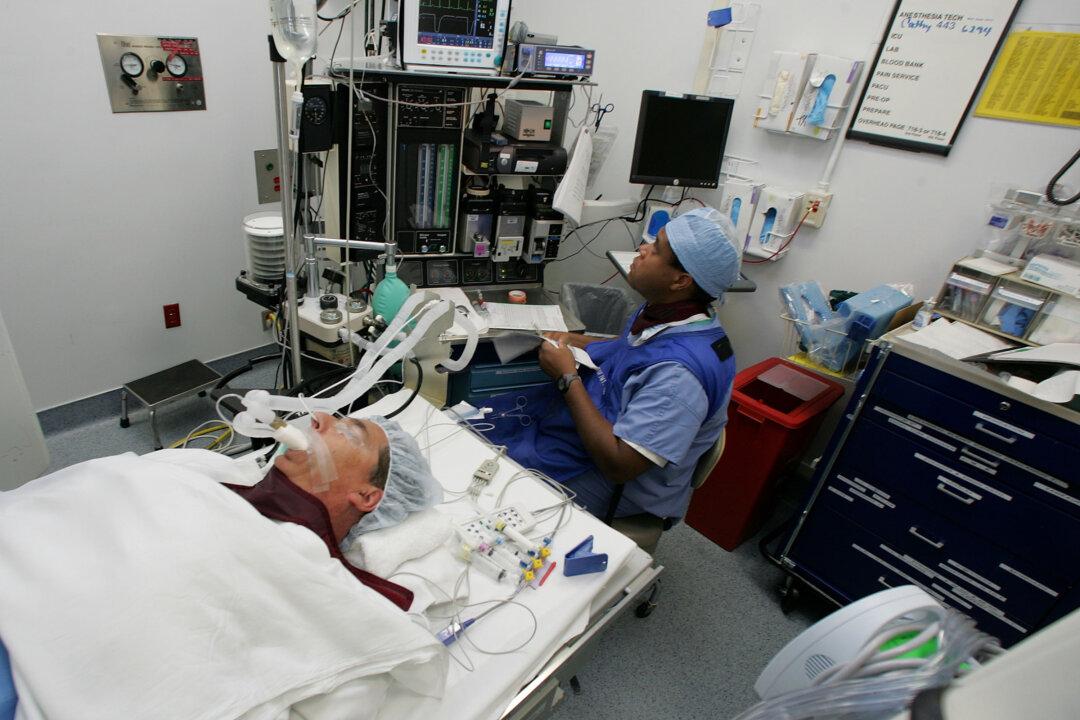The death of Li Yong, a prominent anchor with the state-run China Central Television (CCTV), after a lengthy battle with cancer while receiving treatment in New York, has shed light on a trend that shows wealthy Chinese are increasingly traveling to the United States to seek medical care for cancer.
As of the end of October, Saint Lucia Consulting, one of China’s biggest overseas medical-care agents, had arranged U.S. treatment this year for more than 1,500 people, including 100 current patients. That compares with only two cancer clients in 2011, the year that Saint Lucia was founded, the company told Wenzhou Metro newspaper.





